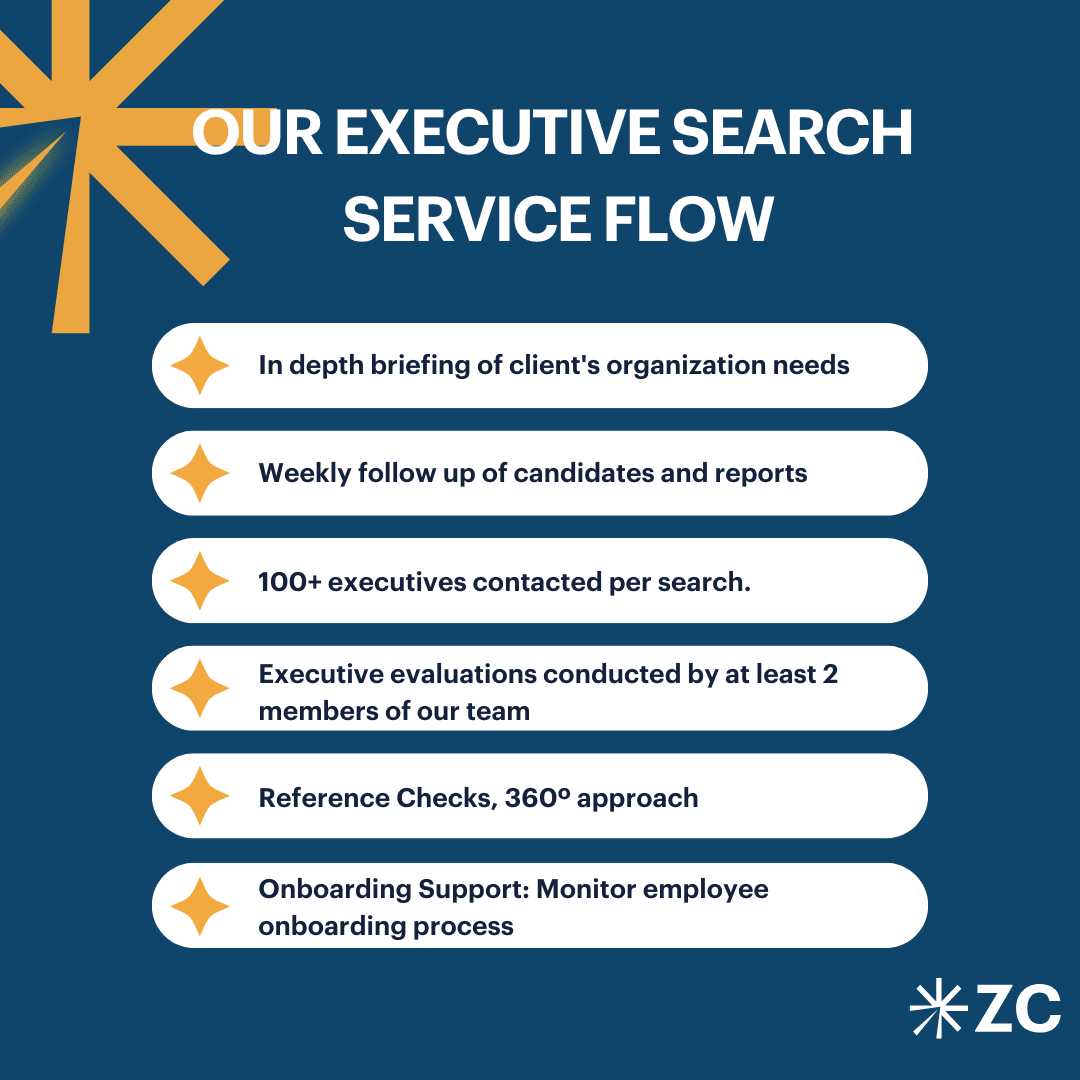The government’s increased investment in R&D as well as the rising demand for healthcare goods and services have both contributed to the sector’s strong growth in recent years in China. China’s healthcare market is expected to surpass $2.3 trillion by 2030, making it the second-largest healthcare market in the world, according to latest figures.
Demand for elite personnel to lead firms and spur innovation is rising as the sector continues to expand. The lack of qualified CEOs, however, makes it difficult for businesses to negotiate the complex regulatory framework and the quickly shifting market landscape. Due to this, a lot of businesses in the life sciences industry are now using Executive Search to identify the appropriate CEO.
Executive Search in China Life science sector
The demand for executive talent has led to a large rise in the number of Executive Search firms in China, according to a recent research by Zhiyan Consulting Group. China’s Executive Search market is expected to grow from approximately 4.4 billion Yuan in 2014 to over 13 billion Yuan in 2020.
The survey also discovered that, with 10% of all executive search assignments, the Chinese Executive Search industry is most active in the life sciences sector. Particularly in the sectors of biotech, medical devices, and healthcare services, there is a great demand for talent.
Access to a broad network of applicants is one of the main benefits of Executive Search . Around 70% of executives in China’s life sciences industry, according to a poll by Zhiyan Consulting Group, obtained their current position via a Executive Search agency. This emphasises the value of having a large network of potential candidates and the part Executive Search agencies may play in locating and luring outstanding talent.
Executive Search agencies can offer useful insights into market trends and best practises in addition to locating the appropriate CEO. 85% of businesses use Executive Search agencies to learn about personnel trends and compensation benchmarking, according to a Hunt Scanlon Media survey.
Talent retention, succession planning and leadership development
Moreover, executive Search agencies can assist businesses in creating and implementing their personnel management plans. This may entail offering advice on matters like talent retention, leadership development, and succession planning. A study by the Association of Executive Search and Leadership Consultants found that 85% of businesses that hire executive Search agencies claim that their services go beyond simply filling open positions.
It’s worth noting that the COVID-19 pandemic has had a significant impact on the life sciences sector in China and the demand for executive talent. The pandemic has highlighted the importance of healthcare and the need for rapid innovation in areas such as vaccine development and digital health. As a result, companies in the life sciences sector are placing a greater emphasis on leadership and are seeking executives with the ability to navigate this rapidly changing landscape. Executive Search firms can play a crucial role in identifying and attracting top talent with the necessary skills and experience to drive innovation and growth in the post-pandemic world.
Who is the ideal CEO?
Executive Search firms will be looking for a CEO with a thorough awareness of the market and the ability to negotiate the complex regulatory landscape in China is excellent for this business. They should also be capable of inspiring innovation and growth, possess excellent leadership qualities, and have a global outlook.
A strong understanding of the industry is one of the important characteristics executive search firms working with companies in China in the life sciences sector are searching for in a CEO. This includes familiarity with the legislative landscape, market trends, and recommended procedures. Most Executive Search firms would also say that the ideal CEO should also have a solid background in science, preferably with a PhD or MD due to the scientific nature of the sector.
Strong leadership abilities are another crucial trait searched for by executive search firms. This involves the capacity to create and manage high-performing teams, formulate and carry out strategies, and successfully interact with stakeholders. The CEO should be able to negotiate cross-cultural difficulties and collaborations and should have a global perspective.
What are the ideal skills for a CEO in China life science sector?
The ideal CEO for China’s life sciences business should possess leadership skills and industry knowledge in addition to a track record of fostering innovation and expansion. This involves the capacity to spot fresh business prospects, create cutting-edge goods and services, and successfully promote them. Also, they should be able to make swift adjustments to shifting market conditions and strategic choices that lead to long-term success.
The ideal CEO should also possess good interpersonal skills and the capacity to forge bonds with important stakeholders, including government representatives, regulators, investors, and partners, given the complexity of China’s life sciences industry. This involves the capacity to negotiate the regulatory landscape and successfully engage with these parties.
In general, the life sciences industry in China would benefit from having a CEO with the capacity to spur innovation and growth, great leadership skills, and a global vision. Businesses in the sector are increasingly turning to Executive Search organisations to find executives who exhibit these qualities, and it is projected that the need for top talent will rise in the coming years.
To sum up, Executive Search is a crucial tool for businesses in China’s life sciences industry to use in order to identify the appropriate CEO and create talent management plans. Companies can gain from access to a wide network of prospects, a thorough screening procedure, and professional help throughout the hiring process with the right partner.

Click here to get in contact with us or learn more about our services.






